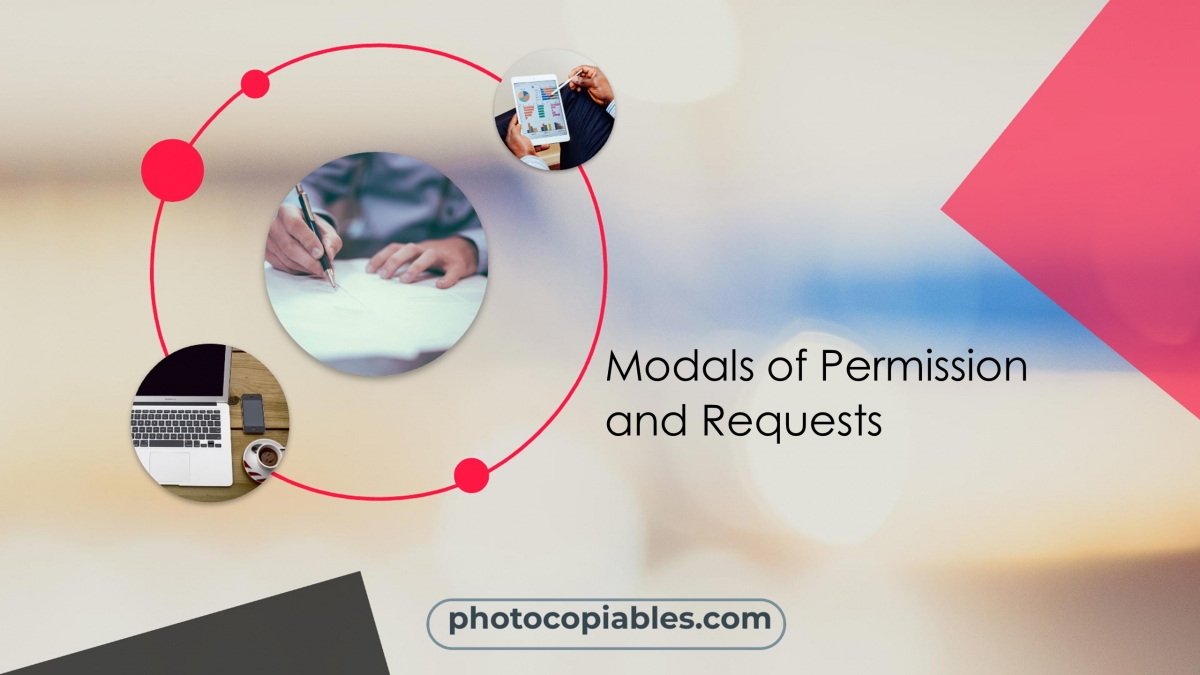We use can, may and could when we talk permissions. Asking or giving permission and also formality are important factors for us to choose the correct one. On the other hand, we only use will you, can you or could you for requesting something in English. It is also to bear in mind that requests are of course only in question forms.
Asking for permission
We use all of them. Could and may are forms of formal English.
For example…
Can I go outside?
Could I go outside (please)?
May I go outside (please)?
Giving permission
We use only “can” and “may” when we want to give permission. We can’t use “could” here. “May” is a formal use of English.
For example…
You can go outside.
You may go outside.
 We generally use ‘may’ with first singular and plural personal pronouns. (May I…?/ May we …?) Because we are asking for permission from someone else. May you …? is not normally used. We generally use ‘may’ with first singular and plural personal pronouns. (May I…?/ May we …?) Because we are asking for permission from someone else. May you …? is not normally used. |
Requests from somebody
We use will you and can you to ask people to do things informally. Could you is a more polite way of asking people to do things. Could you possibly…? or could you please…? are very polite forms of requesting something.
For example…
Will you please help me?
Can you open the door for me?
My hands are dirty.
Could you help me with this problem, teacher?
Could please give some water?
I’m really thirsty.
Could you possibly get me a coffee when you go outside?
What about prohibitions?
We can use both mustn’t or can’t to talk about prohibitions or something that is not allowed.
For example…
You mustn’t take pictures in the museum. It’s not allowed.
You can’t enter this restaurant with your shorts on. You have to wear a suit to eat here.
Exercises
Practice 2 (Reading Text)






